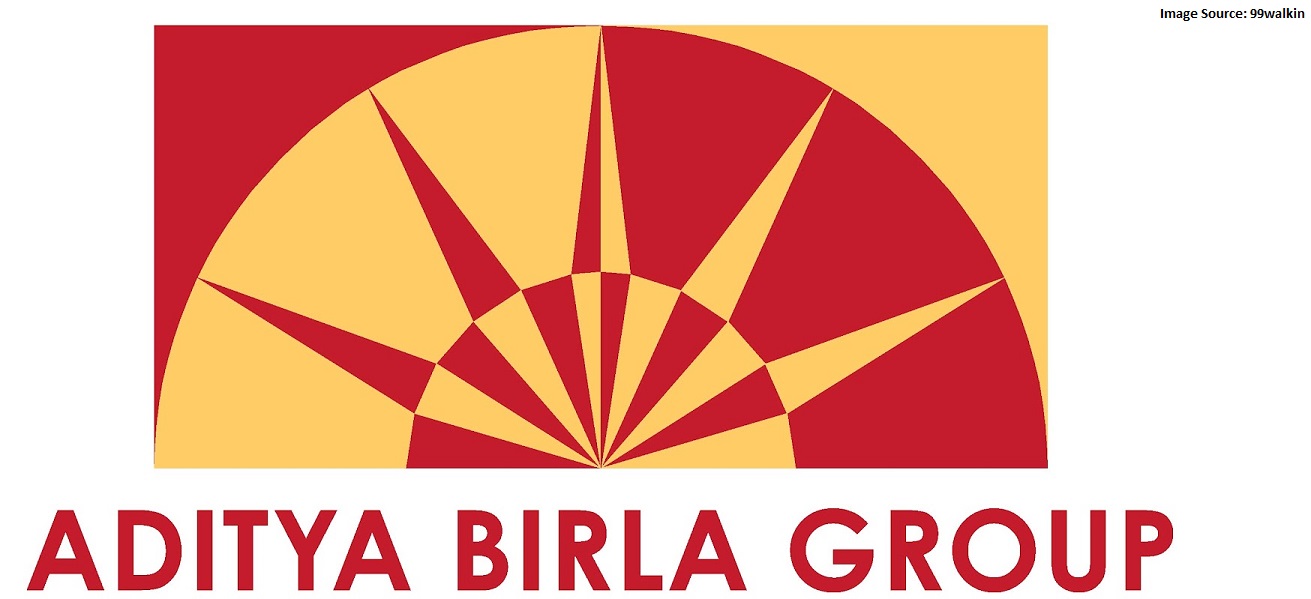Education technology start-up Byju’s, owned by Think and Learn Pvt. Ltd has raised an undisclosed amount from World Bank arm International Finance Corp. (IFC), the company said in a statement on Tuesday.
The latest round came close on the heels of Byju’s raising $50 million from the Chan-Zuckerberg Initiative, a personal fund set up by Facebook Inc. founder Mark Zuckerberg and his wife Priscilla Chan, and existing investors Sequoia Capital, Belgian investment firm Sofina SA, Lightspeed Venture Partners, and Times Internet Ltd.
“Education is an important sector for IFC. IFC’s venture capital strategy in the education technology space is focused on technology-enabled learning platforms for academic improvement, skill development platforms as well as supplemental and low-cost education solutions,” Ruchira Shukla, regional lead, venture capital investments at IFC, said in a statement.
In the education sector, IFC has also invested in Bridge International Academics, a chain of low-cost nursery and primary schools, and Coursera, which provides online courses.
Byju’s provides learning programs for students of Classes VI to XII and preparation programs for competitive examinations such as JEE, CAT, IAS, GRE, and GMAT, among others.
The company, founded by Byju Raveendran in November 2011, first raised a Series A round of $9 million from Aarin Capital in September 2013, followed by a Series B round of $25 million from Sequoia Capital in July last year. The company went on to raise another $75 million in a Series C round from Sequoia Capital and Sofina in March this year. Byju’s also raised about $5 million in venture debt from InnoVen Capital in two tranches between September 2015 and March this year.
Lightspeed Venture Partners invested about $20 million in the firm earlier this year in a secondary transaction, which saw Aarin Capital partially selling its stake.
The company plans to expand into global markets, especially in the US and the UK, introduce new subjects beyond physics, chemistry, biology and mathematics as well as roll out products for Classes IV and V.
“Today, almost 70% of our users come from outside the top 10 cities. It is encouraging to see increased adoption from 1700-plus towns and cities in the country, but there is still a long way to go before we call this a learning revolution,” Raveendran said in a statement.
With its app-based learning program, Byju’s business model has undergone a significant change in the last one year, from a classroom-based model to an app-based one.
In an interview to Mint in September, Raveendran claimed that the company had clocked revenues of Rs120 crore in the year ended 31 March 2016.
According to Tracxn, a start-up tracker, as many, as 271 online education start-ups were founded in 2014, which increased marginally to 293 in 2015. In 2014, about $28 million was invested in the sector across 32 deals, shows Tracxn data. In 2015, 47 deals worth $74.7 million were struck.
Industry experts say while education technology start-ups may boast of a large user base, they might struggle to make them pay for the content.
Recent Articles on M&A
Source: Mint




